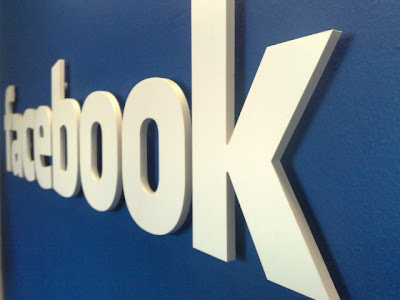
There has been a reported rise in the amount of click fraud of Australian advertisers, at an estimated 10 percent of total clicks. That equates to about $100 million per year. Google settled a class action lawsuit back in 2006 to the tune of $90 million to advertisers who were victims of click fraud through their service.
Click fraud is well-known among search engine industry experts, yet it doesn’t get too much attention in the press. Strange, given the potentially huge numbers that are being thrown around. This study, by Click Forensics, Inc., in 2008 found that 16.6% of all pay-per-clicks in the Q4 2007 on the internet were fraudulent. Paid search advertising dollars spent in 2011 are estimated to be around $29.8 billion.
Google claims that "undetected" click fraud constitutes only 0.02% of all clicks. Even given this estimate, consider the huge sum of money involved in this little-publicized industry. Click fraud could constitute upwards of $4 billion per year of paid advertising dollars if click fraud is actually closer to the 16% range. Keep in mind that Google’s estimate only refers to "undetected" clicks, so the number is definitely higher than 0.02%.
Microsoft actually filed a civil complaint against a couple that had devised a click fraud scheme that depleted competitors' ad budgets in order to promote their own ads to the top of pages for certain keywords, such as "auto insurance quote". This first-ever lawsuit involving click fraud had Microsoft seeking $750,000 in damages. Microsoft estimates he made $250,000 from the practice, and the company says it refunded $1.5m to advertisers for Lam's alleged fake clicks.
Given the explosive growth of the internet, especially in the mobile arena, and with it the expansion and competition of paid online advertising, I would hope that Google, Bing, and Yahoo! are committed to preventing click fraud as much as possible, and compensating their defrauded advertisers when they do detect fraud. The real problem is that while current fraud detection methods are advanced, bot creators and search experts are continuing to create ways to game these advertising systems and extract large sums of money without being detected.

